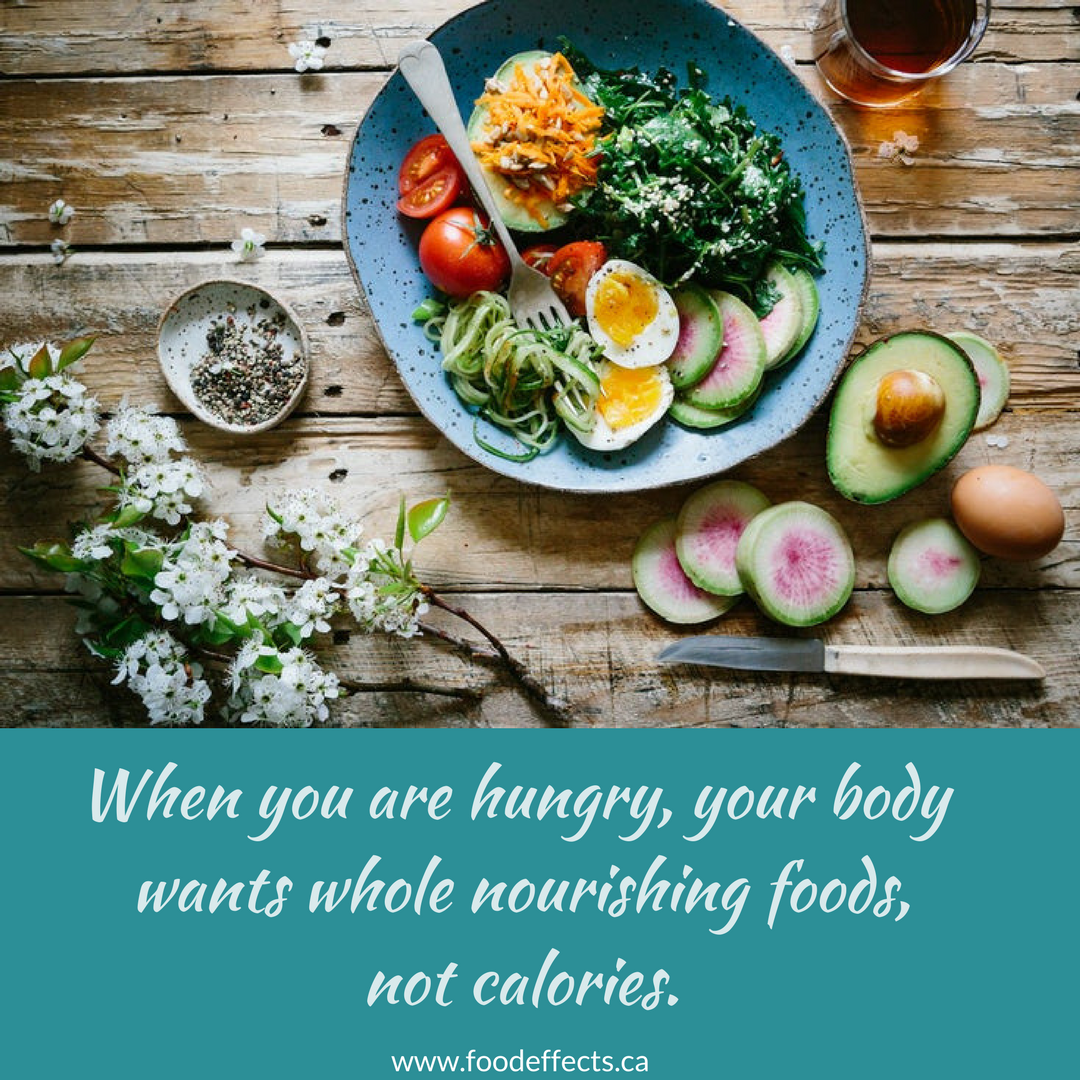These words spoken by Hippocrates, the “father of modern medicine” (460bce-375bce) are more relevant than ever with the scientific research into the human microbiome in the last 10-15 years.

So many health concerns have been linked to “gut health”, or lack thereof – allergies, autoimmunity, brain function, inflammation, obesity, diabetes, heart disease, skin conditions, and of course all the digestive and intestinal conditions.
I spoke about other things that affect our digestion and gut health here and here, but today I’m getting to the really fun stuff!
Or maybe it’s just me?
Did you know that you are more non-human than human?
No, I’m not talking about those rough Monday mornings where you barely feel like yourself, but rather the hundred trillion or so microorganisms that live in and on us, outnumbering our human cells 10-1.
A microbiome is a collection of microbes or microorganisms that inhabit an environment, creating a sort of “mini-ecosystem”. Our human microbiome is made up of communities of symbiotic (mutually beneficial – the good guys), commensal (mostly there for a free ride, but can become pathogenic if correct environment exists), and pathogenic (smaller amount, may cause disease) bacteria, fungi, and viruses – all of which call our bodies home. They live on our skin, in our mouths, nose, stomach, intestines, bladder, and vagina.
The biggest population of microbes lives in our gut and amounts to as much as 4 pounds, and this is what I’m focusing on today.
How do we develop our gut microbiota?
It used to be taught that development of gut microbiota starts at birth, however in recent years, scientists have been able to detect small amounts of bacteria in the amniotic fluid and in the placenta, supporting the idea that the baby’s microbiome begins to develop in the womb. That means that the mother’s health and the health of her microbiome matters even more than we thought for the baby’s early development and health.
During and shortly after birth the newborn’s digestive tract is quickly colonized by microorganisms from the mother’s vagina, skin, breast milk and the environment where the birth took place. Again, the mother’s own health is very important here as she is passing on her microbiome. Establishing a healthy gut microbiota is strongly compromised by c-section delivery, formula feeding, early introduction of solid foods (or the wrong kind) and antibiotic usage.
Development of the gut microbiota occurs during a ‘critical window,’ and failure to develop can lead to immune diseases such as food allergies, dermatitis, and asthma.
As we grow into adulthood, we continue to either nurture or compromise our microbiome with every bite we take, medication we’re prescribed, chemicals we use, and lifestyle habit we partake in. In fact, every time you kiss someone, every time you pet an animal, each time you eat a meal or apply a cosmetic, you are affecting the composition of your microbiome, for better or worse.
What are these microbes doing and why are they important?
The whole surface of the digestive system is covered by bacteria and if these bacteria are the right ones – the beneficial bacteria in ~ 80:20 ratio – then they become the housekeepers and protectors of our digestive system, and entire body. Here are some of their vital functions:
- proper digestive functioning and absorption of food by providing enzymes to digest proteins, fats, and carbohydrates, and to transport nutrition through the gut wall into your blood stream
- keep pathogenic microbes in check. The more beneficial bacteria you have, the less opportunity for pathogenic microbes to populate and flourish
- act as our own little nutrient factory, producing and releasing vitamins B1, B2, B5, B6, B12, Biotin, amino acids, and vitamin K2
- strengthen the intestinal lining. They convert the food that comes along into a host of nourishing substances for the gut lining itself
- support the function of liver and kidneys
- help regulate inflammation
- help regulate blood sugar, insulin levels, and weight – help prevent obesity
- play an important role in the immune system, creating a barrier. Your gut houses 80% of your immune system and the bacteria determine how to react to allergies and invaders
- help detoxification. Beneficial bacteria can grab onto toxins and carcinogenic substances that enter our digestive tract, neutralize them, and remove them from the body
- are a critical player in the gut-brain connection and mental health concerns
We may understand how important it is to keep our microscopic friends healthy and active, but in our modern world this is becoming more difficult. Let’s look at some of the enemies of a healthy gut:
Antibiotics
- Antibiotic production grew from hundreds of tons/year in the 1950’s to tens of thousands of tons/year in the 1990’s, and continues the grow exponentially. They are being over-prescribed as medication and our food supply is being fed a constant supply – thereby feeding us as well.
- Antibiotics have a devastating effect on beneficial bacteria in the gut and in organs and tissues.
- Antibiotics alter benign bacteria, viruses, and fungi to pathogenic forms, giving them the ability to cause disease.
- Antibiotics make bacteria resistant to antibiotics. The industry then needs to develop more powerful antibiotics to deal with these new, stronger bacteria…. the cycle continues….and so superbugs are formed.
- Antibiotics have a damaging effect on our immune system making us more vulnerable to infection, leading to more antibiotics, leading to…. well, you catch my drift.
Other Drugs
It has become so normal to take prescription or over-the-counter drugs, causing many other side effects and health concerns, including disruption of the gut flora. Gut imbalance caused by drugs is usually most severe and difficult to treat.
- Pain killers like acetaminophen, ibuprofen, and aspirin are often prescribed long term for chronic pain. These drugs stimulate the growth of hemolytic bacteria (bacteria that break down red blood cells) and Campylobacter in the gut, leading to disease.
- Steroid drugs like prednisone, hydrocortisone, and cortisone damage gut flora and have immune-suppressing abilities. Also, it is known that a course of steroids is associated with fungal overgrowth – especially Candida.
- Contraceptive pills have a devastating effect on gut flora. Many women take the pill from a young age for hormonal imbalances, not just as a contraceptive. By the time a woman is ready to have children she has often been on the pill for a long time and has abnormal gut flora (dysbiosis), which she will pass on to her child, predisposing him/her to allergies, eczema, asthma, and other concerns.
- Many other drugs like sleeping pills, heartburn medication, cytotoxic and anti-psychotic drugs, etc, cause various forms of damage to gut flora, digestive system, and immune system.
Diet
The food we eat has a direct effect (thus Food Effects Nutrition!) on our gut health and microbe composition. The Standard American Diet (SAD) is full of convenience instead of nutrition.
- Sugary foods, processed, and refined carbohydrates promote Candida overgrowth and increase numbers of Streptococci, Staphylococci, some Clostridia species, Bacteroids, and some other pathogenic bacteria and parasites.
- Chemicals in and on our food destroy the beneficial bacteria.
- Low fibre diet. Fibre from grains (bran, breakfast cereals) have a negative effect on gut flora and gut health in general, and may predispose the person to nutritional deficiencies, IBS, and bowel cancer. Fruits and vegetables provide a much higher quality fibre, less harsh for the digestive system, and more abundant in nutrients.
- Formula-fed infants develop totally different gut flora to breastfed infants. Breastfeeding provides the baby with the appropriate balance of healthy gut flora that formula doesn’t provide, even with the recent advances in knowledge and formulations.
- Prolonged fasting, starvation, or overeating alters the gut flora.
Gut dysbiosis from poor eating habits can generally be corrected by better eating habits and probiotics, however it is rare in our world to not have been exposed to all the other factors.
Stress
Long term physical or psychological stress can damage our gut flora. Because a healthy gut is essential to our mental health and stress management, this can become a vicious cycle if not managed and supported.
Other Factors
These all influence our friendly microbes:
- Physical exertion (too little or too much!)
- Lack of sleep (another form of stress)
- Hyper cleanliness.
- Alcoholism
- Pollution and exposure to toxins (chemicals, pesticides, etc)
- Radiation
Gut Bacteria and Mood Connection
The gut is known as the enteric nervous system (ENS) and has over 500 neurons – second only to the brain – which is why it’s often referred to as the second brain. It communicates with the brain via the vagus nerve and controls heart rate, respiratory rate, digestion, even sexual arousal, and is the PRIMARY driver of the fight-or-flight response.
The gut is the manufacturing plant for over 30 neurotransmitters, most of which also affect the brain. Over 90% of the body’s serotonin and about 50% of the body’s dopamine is made and stored within a healthy gut.
Optimizing your microbiome supports not only your digestion but mood stability as well!
“Every one of us carries a unique mixture of microbes in the gut. Under the influence of drugs and other factors, (listed above) this gut flora will be changed in a unique way in every one of us, predisposing us to different health problems. It is a completely unpredictable process and science so far has not developed very reliable methods of testing for the full range of microbes in the gut, let alone treating any abnormalities. This damage gets passed from generation to generation as a newborn gets its gut flora from the mother. As the damage is passed through generations, it gets deeper and deeper. This process reflects in the severity of health problems related to abnormal gut flora seen in generations.”
Natasha Campbell-McBride, Neurologist and Nutritionist
It seems that the proverbial straw has broken the camel’s back. Chronic disease is only increasing in the latter generations and if this “damage” is being passed on, can’t we also assume that restored health can be passed on by our and future generations?
I’d like to think so.
Stay tuned for Part 2 “Health Begins in the Gut”.
With love,
B.






